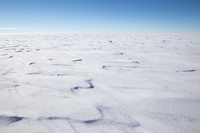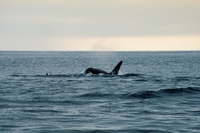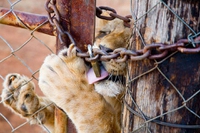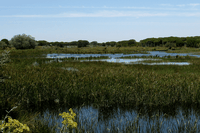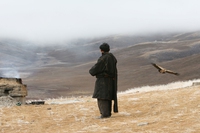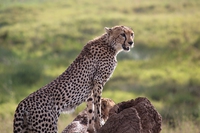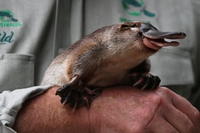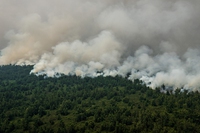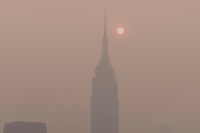
This Canada’s wildfire season is record-breaking and set to continue
Canada’s wildfire season this year is impacting air quality way beyond the borders of the North American state, reaching as far as Europe.
Biodiversity – or biological diversity – is the foundation of nature, defined as the different characteristics of all living organisms. It is Earth’s genetic heritage; the variety of living organisms in terrestrial, marine and water habitats as well as the ecological systems they’re part of. It is diversity both between and within nature’s species. Genetic resources constitute the biological basis for agriculture and farming and, essentially, humans’ present and future sustenance. Unfortunately, this genetic heritage is increasingly being threatened: industrial farming, which favours large quantities and regular harvests, has limited crop varieties to a few thousand; and climate change and human encroachment on natural habitats are threatening the Earth’s biological wealth. The net result is that the natural world is deteriorating rapidly, with dire consequences for many plant and animal species (and beyond), which increasingly face the prospect of extinction. Follow news and updates about nature and biodiversity on LifeGate.
Canada’s wildfire season this year is impacting air quality way beyond the borders of the North American state, reaching as far as Europe.
Two new studies have revealed that the retreat of the Thwaites Glacier is happening in a different, more complex way than previously understood.
A study of tissue samples from killer whales in Canada was the first to find a dangerous toxic chemical, known as 4NP, in the animals’ flesh.
The South African government is clamping down on the controversial multimillion-dollar lion-breeding industry, thanks to pressure from activists.
Switzerland’s glaciers are shrinking, with a new study finding that they have lost more than half their total volume since the early 1930s.
Santa Olalla, the last permanent lagoon in the park, has disappeared under the pressure of drought, overexploitation, and illegal wells.
Vulture populations in southern Asia experienced a 99% collapse and for a long time nobody knew why. Then, a historic discovery saved them.
The Indian government has pledged to reintroduce cheetahs, classified as a “vulnerable” species by the IUCN, into the wild. The animals will be transferred from Africa.
In Australia, more and more platypuses are getting caught in plastic waste. Efforts to protect this species need to be increased.
Six years ago, Indonesia was shrouded in smoke from ravaging wildfires. Today, it is cited as a successful case in the fight against deforestation. Yet the balance remains delicate.
